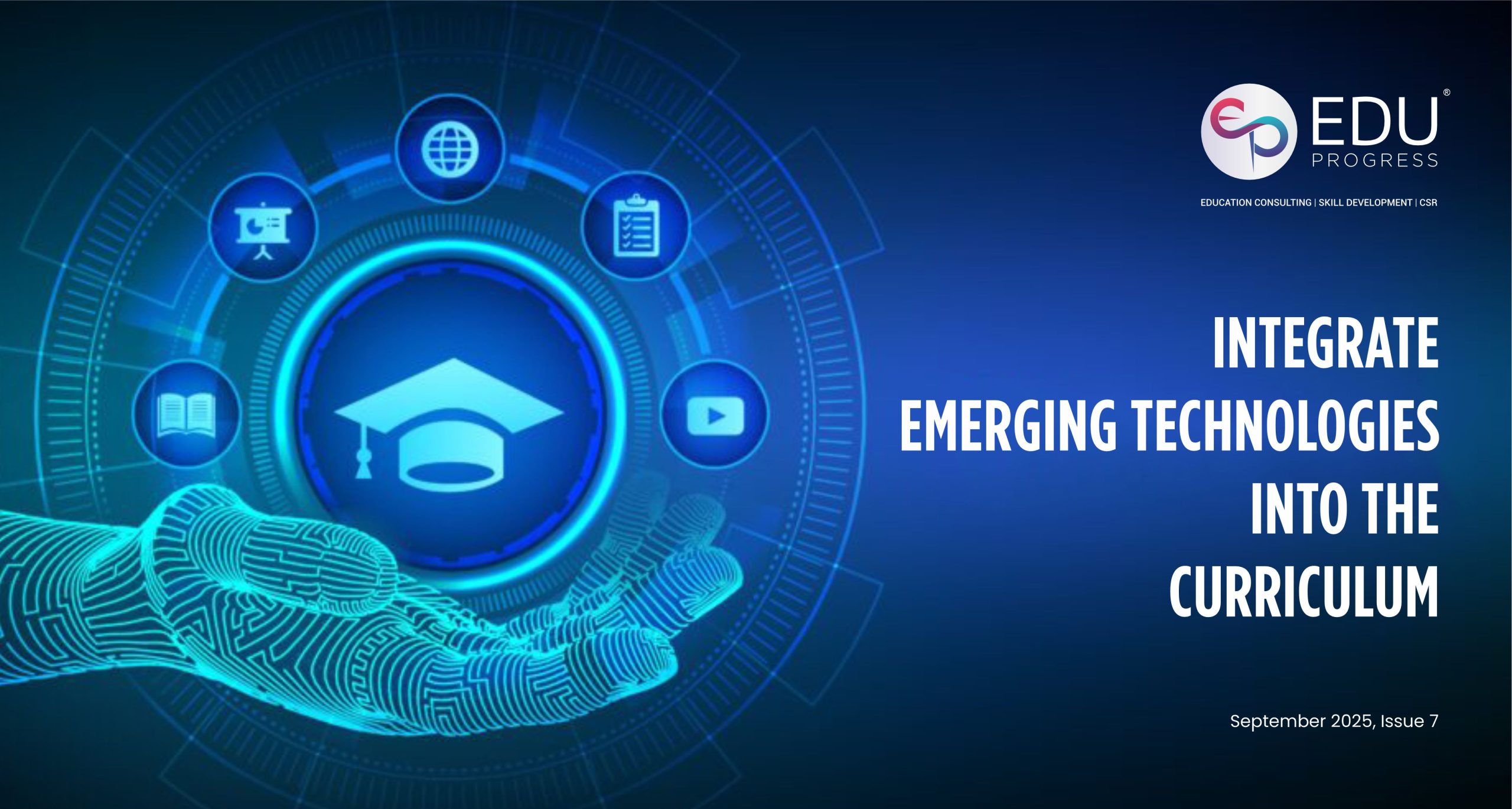
India’s demographic dividend presents a unique opportunity for economic and social development. However, realizing this potential requires a skilled workforce equipped to navigate the complexities of the digital age. The traditional education system, while valuable, needs to evolve to incorporate emerging technologies that foster critical thinking, problem-solving, and innovation. This paper argues for a strategic and comprehensive approach to integrating technologies.
Technology has profoundly transformed the academic landscape, enhancing both teaching and learning practices. Today, educators and students alike actively engage with digital tools and learning management systems, making technology an essential component of the educational experience. This widespread integration has given rise to a new generation of digitally fluent learners and instructors. To remain relevant and effective, schools and institutions must continually adopt the latest innovations in educational technology. In an increasingly digital society, students require tech-enriched education to develop essential, transferable skills that prepare them for the future. Traditional, one-size-fits-all models of instruction no longer meet the diverse needs of modern learners. Instead, institutions are shifting toward inclusive, accessible, and student-centric approaches that leverage digital platforms for personalized learning. Ultimately, technology has expanded the boundaries of education, enabling more flexible, engaging, and adaptive learning environments that empower every student to thrive.
MAJOR EMERGING TECHNOLOGIES IN EDUCATION
- Automation
- Artificial Intelligence (AI) & Machine Learning (ML)
- Internet of Things (IoT)
- Learning and Data Analytics
- Enterprise Resource Planning (ERP) Solutions
- Payment Gateway Integrations
- Digital Masterclasses
- Gamified and App-Based Learning
- 5G Technology Integration
- Augmented Reality (AR) & Virtual Reality (VR)
- Quantum Computing
- Cybersecurity Systems
LATEST EDTECH TRENDS RESHAPING THE LEARNING EXPERIENCE
Advancements in technology have significantly enhanced the teaching and learning experience. Modern distance learning programs are designed to foster maximum knowledge sharing, active student engagement, and immersive learning environments. Leveraging collaborative learning models and online platforms, these programs promote student-centred education, encouraging greater participation, curiosity, and sustained interest among learners.
- E-Learning & Microlearning Platforms
- Video-Based Instruction & Interactive Tutorials
- Immersive AR/VR Learning Environments
- Personalized & Differentiated Learning Paths
- Digital and Adaptive Assessments
- Gamification to Boost Engagement
- Experiential Learning Outside the Classroom
- Big Data for Academic Insights
- AI-Enabled Student Support Systems
NATIONAL EDUCATION POLICY (NEP): A NATIONAL FRAMEWORK FOR DIGITAL TRANSFORMATION IN EDUCATION
With the rapid emergence of digital technologies and the growing significance of integrating technology into teaching and learning across all levels from school education to higher education the National Education Policy (NEP) has proposed the initiation of several key initiatives to drive this transformation.
Pilot Studies:
Agencies like NETF, CIET, NIOS, IGNOU, IITs, and NITs will conduct studies on the impact of online education, including content formats, device addiction, etc., with findings shared for continuous improvement.
Online Platforms & Virtual Labs:
Expand platforms like SWAYAM and DIKSHA with user-friendly tools, including two-way audio-video interfaces for real-time classes. Create virtual labs via SWAYAM, DIKSHA, and SWAYAMPRABHA. Explore device distribution (e.g., tablets) for SEDG students and teachers.
Content & Dissemination:
Develop a repository of digital content including games, AR/VR, and multilingual resources with user ratings; ensure reliable access through backup channels.
Digital Infrastructure:
Invest in open, scalable, and future-ready digital infrastructure for education to support diverse needs and avoid tech obsolescence.
Bridging the Digital Divide:
Use TV, radio, and community radio to reach students without digital access. Emphasize content in regional languages.
Teacher Training:
Train teachers in online pedagogy and content creation, focusing on student engagement and interactive learning.
Online Assessment:
Bodies like PARAKH and NTA will develop digital assessment models, incorporating portfolios, rubrics, and analytics.
Blended Learning:
Identify and replicate effective combinations of online and face-to-face learning suited to various subjects.
Standards & Guidelines:
NETF will set standards for content, tech, and pedagogy, guiding States, Boards, and HEIs in e-learning implementation.
Benefits of Incorporating Emerging Technologies in HEI’s
The integration of emerging technologies into the higher education curriculum in India will see transformative opportunities with numerous potential benefits.
1. Enhancing the Learning Experience
- Personalized, interactive, and adaptive content
- 24/7 access to learning resources
- Increased student engagement and participation
2. Preparing Students for Future Careers
- Development of 21st-century skills (digital literacy, creativity, collaboration)
- Exposure to innovation and entrepreneurship tools
- Improved job readiness and employability
3. Institutional Efficiency and Innovation
- Data-driven academic and operational decisions
- Enhanced accessibility and inclusion
- Automation of administrative functions for cost efficiency
4. Faculty Empowerment
- Ongoing professional development in educational technology
- Support in integrating tech into curriculum design
- Greater capacity for mentorship and innovation
5. Infrastructure Readiness
- Investment in robust digital labs and maker spaces
- Secure, high-speed connectivity and digital resource management
CASE STUDIES AND GLOBAL PRACTICES
1. Massachusetts Institute of Technology (MIT), USA: AI-Focused Interdisciplinary Curriculum with Industry-Funded Research Hubs:
MIT has established itself as a leader in integrating Artificial Intelligence (AI) into its interdisciplinary curriculum. The MIT Schwarzman College of Computing fosters collaborations between computing, social sciences, and management, encouraging projects that explore AI’s role in enhancing productivity in modern workspaces. These initiatives are often supported by industry partnerships, such as the MIT-Amazon Science Hub, which funds interdisciplinary teams to explore breakthrough ideas in computing and AI. Here, AI-powered systems optimize warehouse picking and packaging routes, reducing errors and improving fulfillment speed. This enhances efficiency in e-commerce logistics, enabling faster delivery with fewer resources.
MIT Media Lab conducts a wide range of AI-related research projects that blend technology with social impact, further enriching the academic environment with practical and innovative applications of AI. This dynamic model ensures that MIT not only advances AI theory but also delivers tangible impact across industries and society.

2. Technical University of Munich (TUM), Germany: Blockchain and Quantum Computing in Engineering and Finance Streams:
TUM offers a comprehensive Master’s program in Quantum Science and Technology, jointly with Ludwig-Maximilians-Universität München (LMU). This interdisciplinary program combines natural sciences, engineering, and mathematics, providing students with research-related training in quantum computing, quantum sensors, and algorithms.
In the realm of blockchain, TUM’s “Blockchain-based Systems Engineering” module equips students with the skills to analyze and create blockchain-based application systems, understanding the technological foundations and assessing alternative distributed ledger technologies.
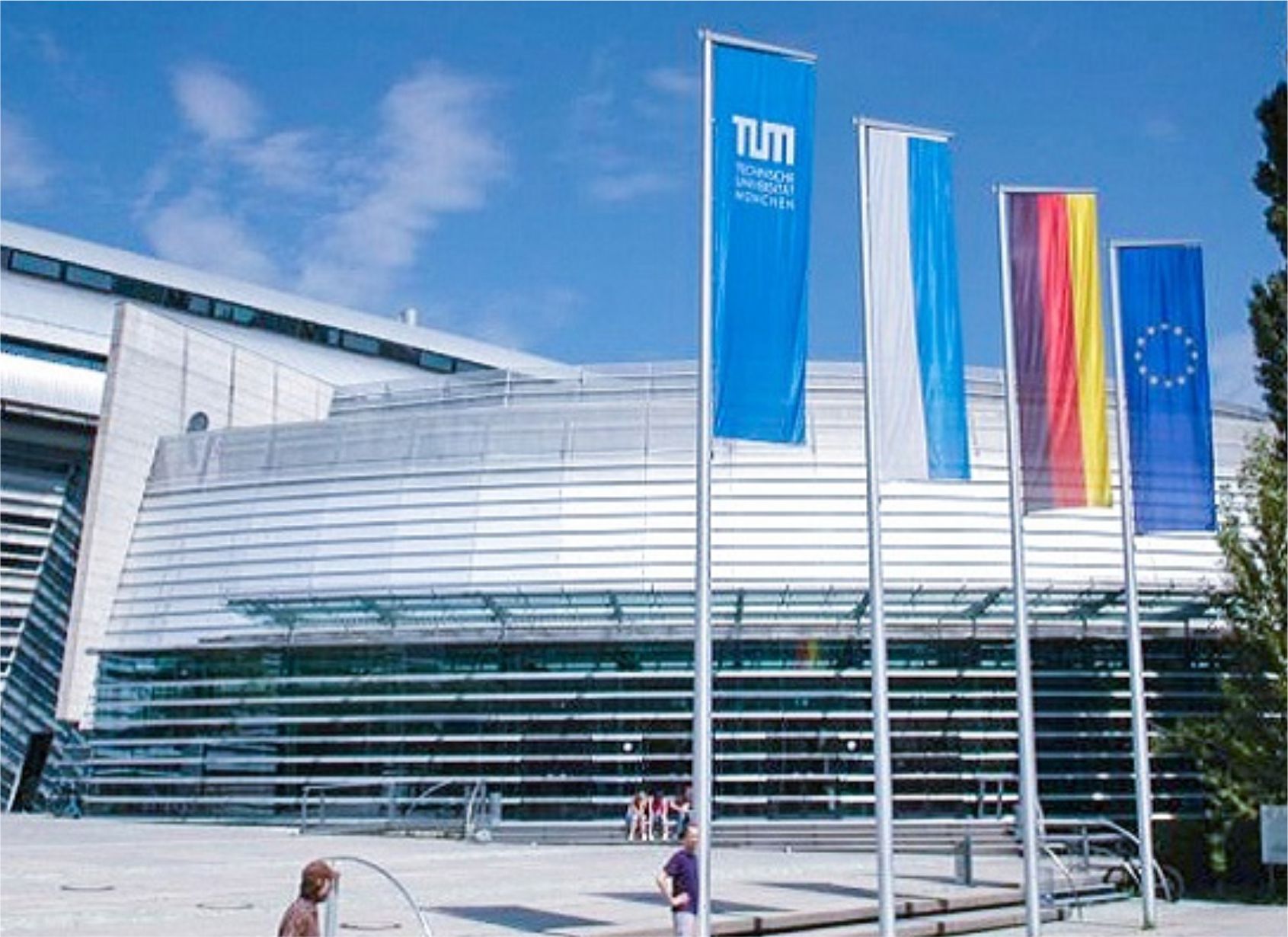
3. Indian Institutes of Technology (IITs), India: Integration of Machine Learning and IoT Labs with Real-World Applications:
The IITs have been proactive in embedding emerging technologies like Machine Learning (ML) and the Internet of Things (IoT) into their curricula. For instance, the E&ICT Academy at IIT Roorkee offers courses that bridge the gap between IoT and ML, emphasizing practical, real-world applications like the E&ICT Academy at IIT Roorkee has introduced hands-on modules and projects where participants design IoT systems that collect real-time data—such as vibration, temperature, and acoustic signals—from industrial machinery. Using machine learning algorithms, this data is analyzed to identify early warning signs of mechanical wear or failure. Participants gain foundational knowledge and hands-on experience in handling, transforming, and analyzing IoT data, preparing them to solve industry-specific problems using these technologies.
Signal Processing and Communication Research Center (SPCRC) at IIT Hyderabad focuses on cutting-edge IoT applications, developing optimal algorithms, and deploying them in real-time IoT devices.
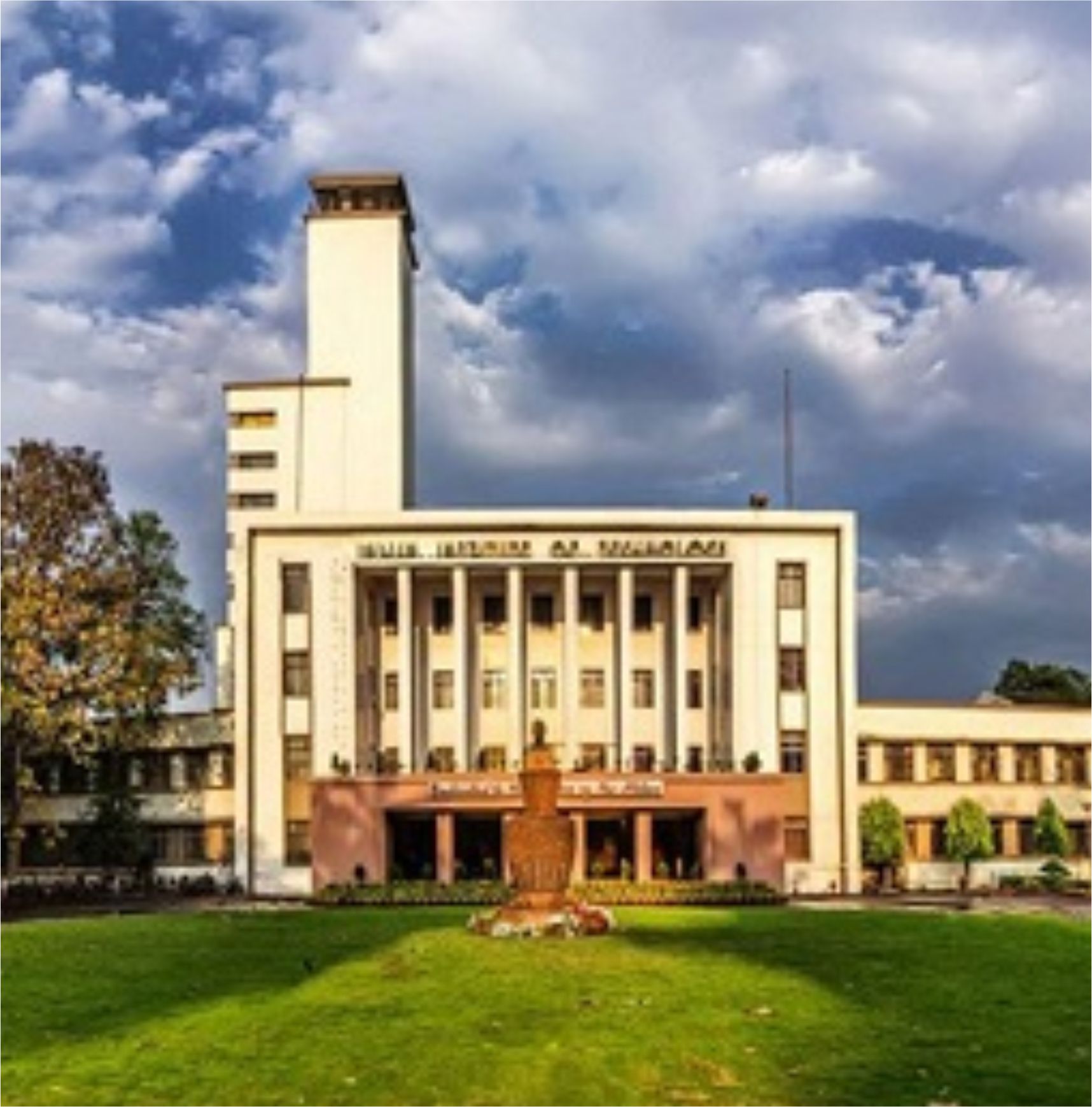
4. Indian Institute of Science (IISc) Bangalore, India: Launches Advanced AI Research and Innovation Center with Industry Funding:
The Indian Institute of Science (IISc) Bangalore has inaugurated a cutting-edge Artificial Intelligence (AI) Research and Innovation Center. This center, supported by significant funding from both government agencies and leading technology companies, will focus on advancing fundamental AI research and fostering the development of innovative AI applications across various sectors, including healthcare, agriculture, and manufacturing. The center will also offer specialized postgraduate programs and workshops to cultivate a new generation of AI researchers and practitioners in India.
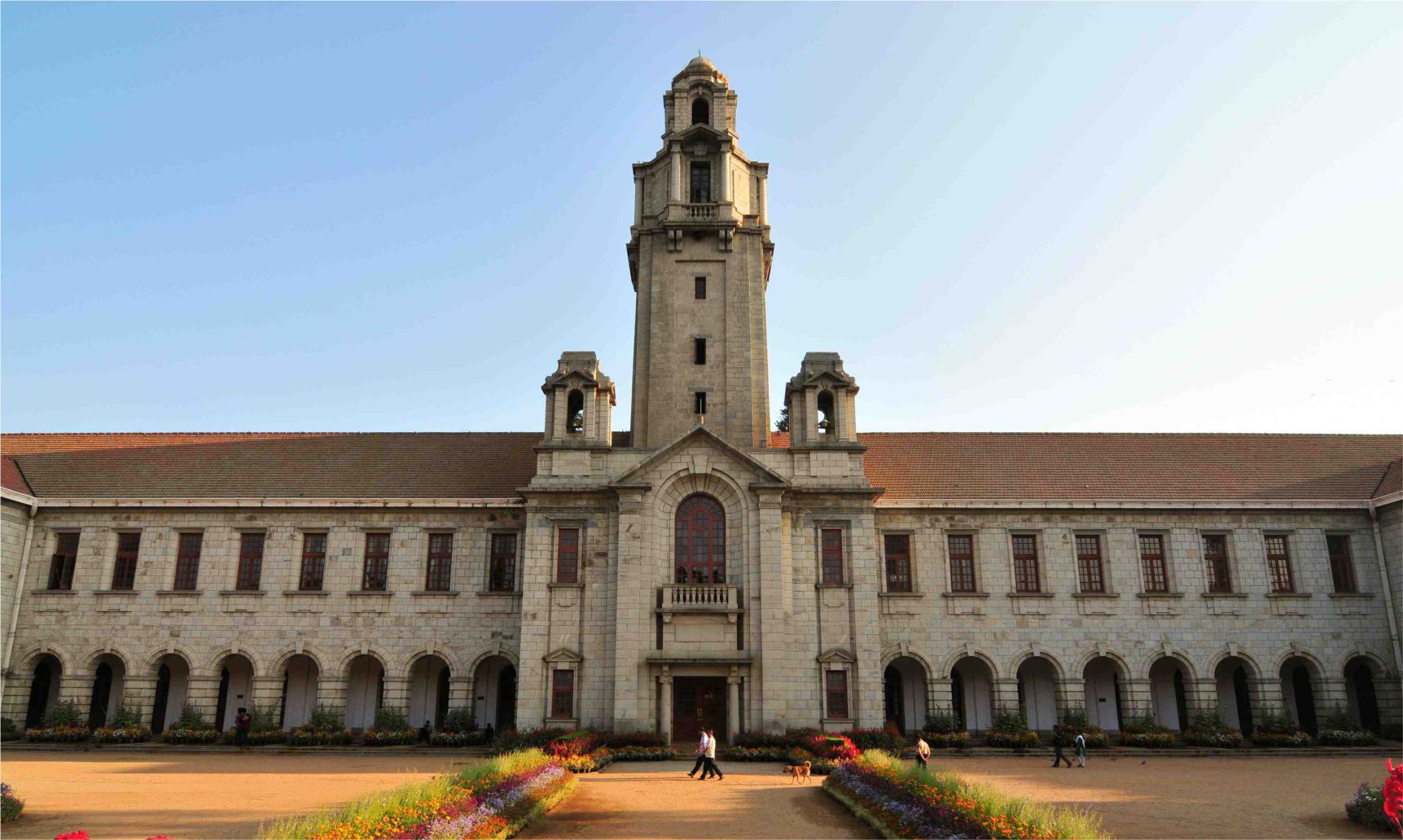
5. Pandit Deendayal Energy University (PDEU), Gujarat, India: Skill Development in Semiconductor Manufacturing and AI Training with Industry Focus:
Pandit Deendayal Energy University (PDEU) in Gujarat has launched a significant skill development center focused on two crucial emerging technologies like semiconductor manufacturing and Artificial Intelligence (AI) training. This initiative aims to create a skilled workforce ready for the demands of these rapidly growing sectors. The center emphasizes practical training relevant to industry needs, preparing individuals to contribute effectively to the semiconductor and AI ecosystems. This development highlights Gujarat’s proactive approach to fostering expertise in key technological domains within the state.
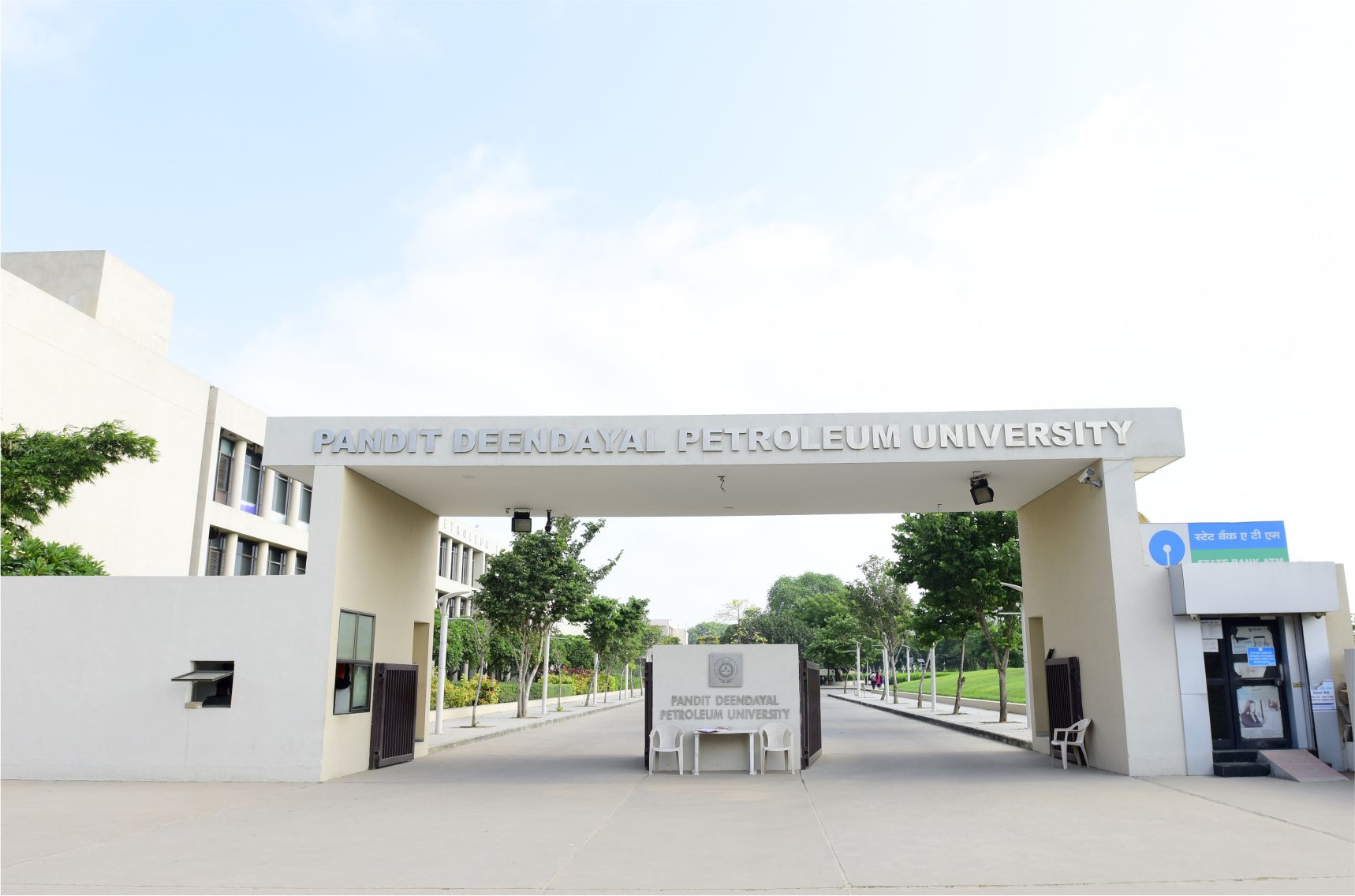
6. Nirma University and Tata Consultancy Services (TCS) Partner to Establish a Cybersecurity Center of Excellence in Ahmedabad:
Nirma University, in collaboration with Tata Consultancy Services (TCS), has announced the establishment of a state-of-the-art Cybersecurity Center of Excellence on the university campus in Ahmedabad. The center will offer specialized training programs, conduct joint research in cybersecurity threats and solutions, and provide a platform for students to gain practical experience through internships and real-world projects. This partnership aims to address the growing need for cybersecurity professionals in Gujarat and beyond, fostering a strong ecosystem for digital safety and security.
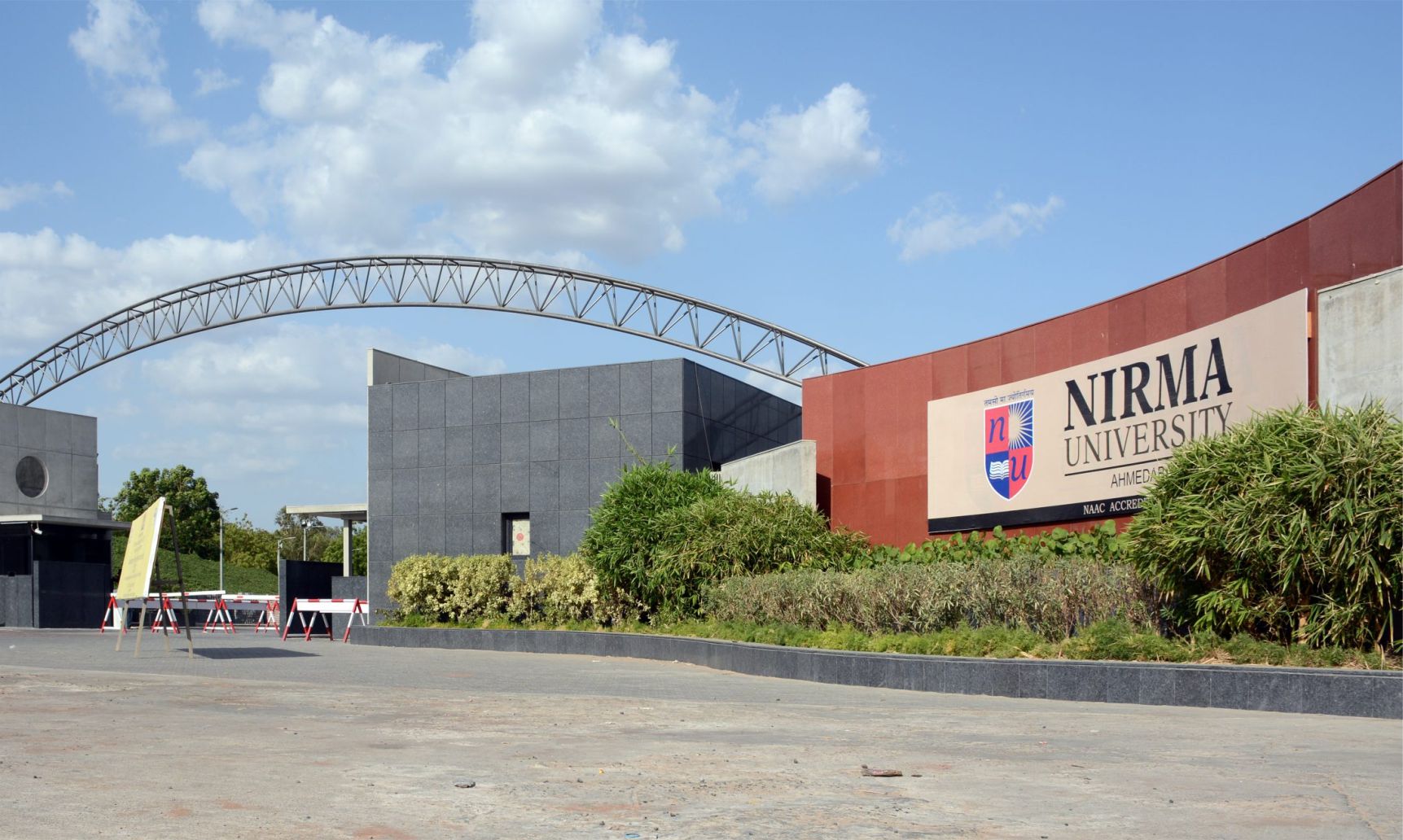
7. Gujarat Technological University (GTU), Ahmedabad, India: Launches Interdisciplinary Master’s Program in Electric Vehicle Technology with AI Integration:
Gujarat Technological University (GTU) has announced the launch of a new interdisciplinary Master’s program in Electric Vehicle (EV) Technology. This program uniquely integrates principles of electrical engineering, mechanical engineering, and computer science, with a strong emphasis on the application of Artificial Intelligence for vehicle control, battery management, and autonomous driving features. The curriculum includes hands-on laboratory work, industry internships, and collaborative projects with local EV manufacturers, aiming to produce graduates with the specialized skills needed for the burgeoning electric mobility sector in India.
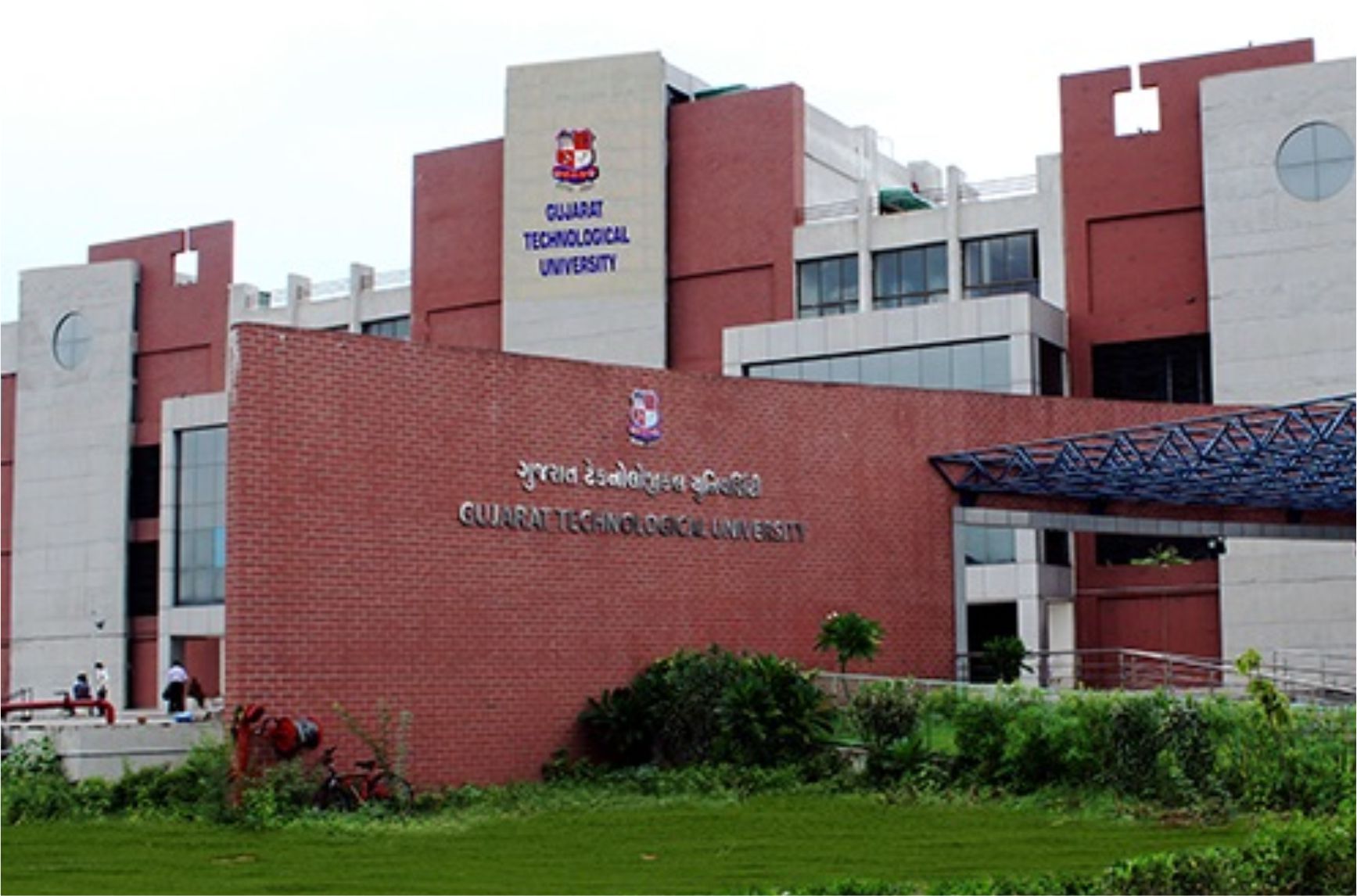
8. Gujarat Education Department, Gandhinagar, India: Announces “Digital Future Initiative” to Equip Schools with AR/VR Learning Labs:
The Gujarat Education Department has unveiled a state-wide “Digital Future Initiative” aimed at transforming classroom learning through immersive technologies. As part of this initiative, selected secondary and higher secondary schools across Gujarat will be equipped with Augmented Reality (AR) and Virtual Reality (VR) learning labs. Teachers will receive specialized training to develop and deliver interactive lessons using AR/VR content across subjects like science, history, and geography. The initiative seeks to enhance student engagement, improve conceptual understanding, and foster a more innovative learning environment.

Several other institutions have also integrated AI into their curricula and research ecosystems, including Ahmedabad University, Charotar University of Science and Technology (CHARUSAT), Anant National University, National Forensic Sciences University (NFSU), and the New Age Makers Institute of Technology (NAMTECH). Together, these initiatives further reinforce Gujarat’s leadership in technology-driven education and innovation.
STRATEGIC CONSULTANCY FOR INTEGRATING AI AND EMERGING TECHNOLOGIES INTO THE CURRICULUM
Eduprogress and Research Pvt. Ltd. provides education consulting, skill development, and professional training services, supporting institutions in implementing the National Education Policy 2020, accreditation, and strategic planning. Eduprogress offers specialized consultancy to establish AI-driven research and innovation centers, ensuring alignment with industry needs and global standards. Services include Detailed Project Reports, international partnerships, and compliance management.
Eduprogress offers tailored consultancy services and will guide you through every step of the process, ensuring successful establishment and sustainable growth. You may please queries at info@eduprogress.co.in.
References
1. https://www.instructure.com/resources/blog/6-emerging-technologies-education?filled
2. https://www.tatvasoft.com/outsourcing/2022/06/emerging-technologies-in-education.html
3. https://www.tatvasoft.com/outsourcing/2022/06/trends-in-educational-technology.html
4. https://www.education.gov.in/sites/upload_files/mhrd/files/NEP_Final_English_0.pdf
5. https://computing.mit.edu/industry-programs/call-for-proposals-artificial-intelligence-for-augmentation-and-productivity/?utm
6. https://eict.iitr.ac.in/innovating-with-machine-learning-iot/?utm
7. https://spcrc.iiit.ac.in/IoT.html?utm
8. https://www2.daad.de/deutschland/studienangebote/international-programmes/en/detail/8331/?utm
9. https://wwwmatthes.in.tum.de/pages/enf3vo4lqv74/Blockchain-based-Systems-Engineering?utm
10. https://www.ibc24.in/business/skill-development-centre-for-semiconductor-manufacturing-ai-training-launched-at-pdeu-in-gujarat-3038410.html
